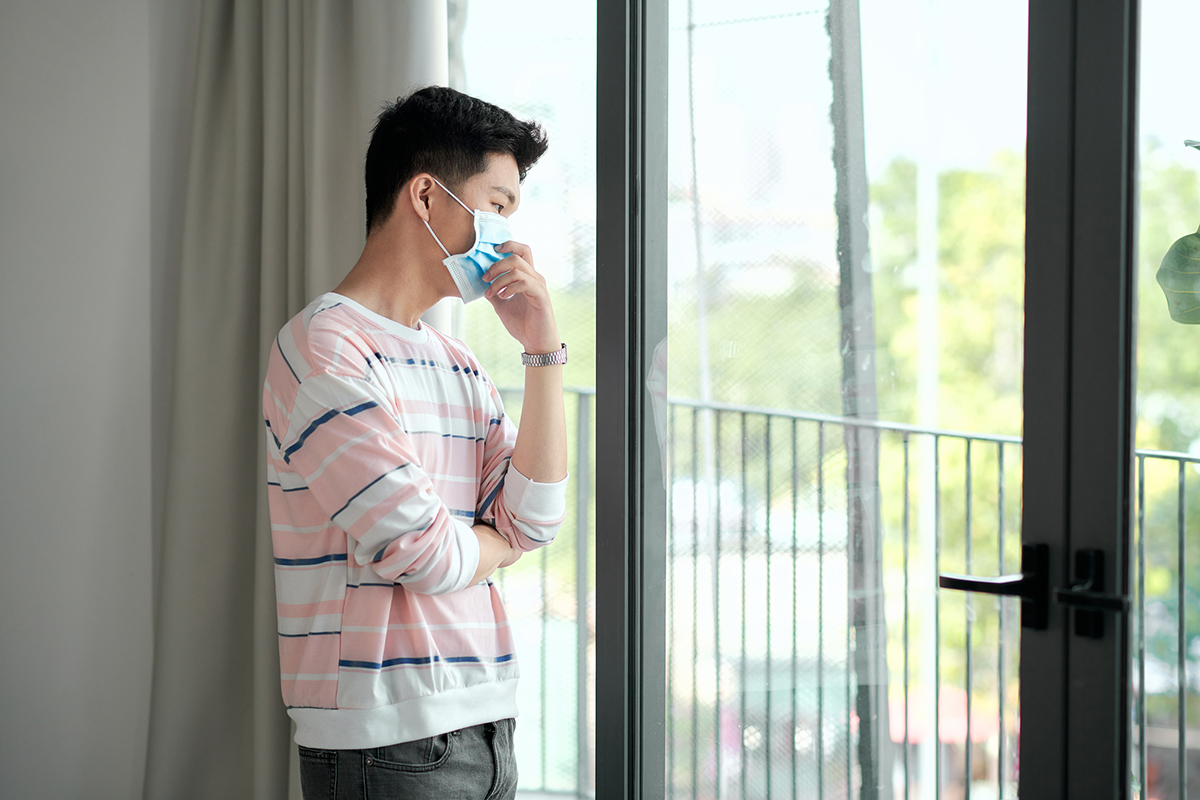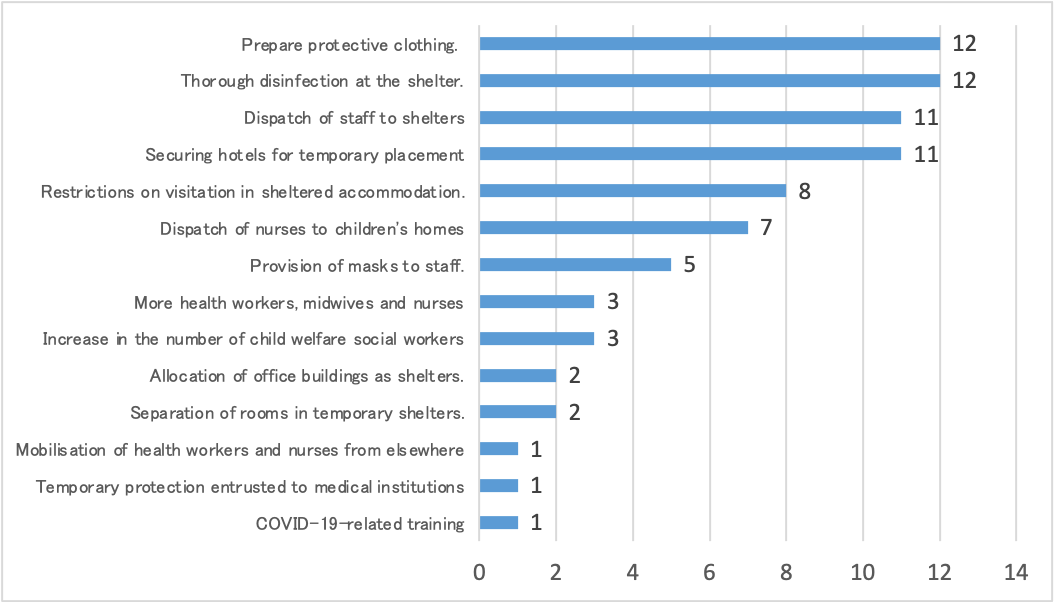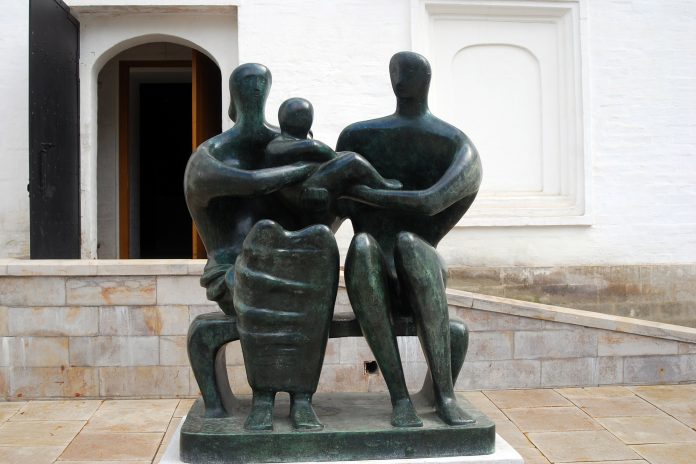Kayoko ITO, a professor at Osaka Prefecture University, looks at child abuse among families during COVID-19 and the measures taken to combat it through child and family counselling
In April 2020, a state of emergency was declared by the Government of Japan following the spread of the COVID-19, with requests for absence from work and refraining from going out, leading to isolation and seclusion of child-rearing families, unemployment and insecurity in their lives, as well as concerns about the escalation of child abuse, parenting anxiety, domestic violence and other issues – this led researchers to survey trends of child and family counselling.
In particular, the increased contact time between parents and children due to the closure of schools and day-care centres has increased tension and stress within families, making domestic violence and abuse not only more serious but also more latent and difficult to detect.
Furthermore, the consultation sections of child guidance centres and government agencies were unable to respond promptly and appropriately due to restrictions such as the inability to make home visits due to the COVID-19.
In other words, COVID-19 did not affect all families equally but had a stronger impact on vulnerable families who had problems to begin with, such as poverty, abuse and domestic violence.

Clarifying trends in child and family counselling
Given this situation, a questionnaire survey was conducted in this study to clarify the actual situation and trends in child and family counselling and support provided by the administration in the COVID-19 pandemic. Based on the results of the survey, the study would like to look ahead to the future of the child and family counselling and support system.
A survey on the actual situation of the child and family consultation system was conducted in 39 municipalities in the Kinki region of Japan. The survey covered the period from March to November 2020.
An increase in abuse consultations
First, the number of child and family consultations was slightly lower than in the same period before the COVID-19 pandemic.
However, looking at the number of cases by type of consultation, only abuse consultations increased. Among abuse consultations, psychological abuse, including domestic violence in front of a child, was on the increase.
Regarding temporary protection, the number of temporary protection consignments to foster carers decreased, while the number of cases in sheltered accommodation increased.
The most common response to the COVID-19 pandemic in the implementation of child and family counselling was the provision of protective clothing to social workers. It was also evident that all local authorities struggled to secure emergency temporary protection spaces or facilities for children.

What are the future challenges of child and family counselling?
From the survey results, the following were identified as future challenges for the child and family support system during the COVID-19 pandemic.
- Securing places to receive temporary protection: it is necessary to make agreements with nearby accommodation facilities, etc., but how to do this in areas that are not tourist destinations and have few hotels, etc., is a challenge.
- Resolving chronic manpower shortages in each municipality.
- Active use of online and telephone consultations: it is necessary to develop and strengthen ICT systems, including online visits between children and parents in institutions, etc.
- Watching over children and checking their safety during school holidays and school closures: during school holidays, it is more difficult for eyes from outside the home, such as schools, to reach the home, and problems such as abuse can become clandestine and latent. Cooperation with local child welfare volunteers and with private support agencies, such as local children’s cafeterias, is important.
- How to support families in need of outreach: there is the problem of how to check the safety of children while home visits are made difficult by COVID-19. For example, home visits from the government under the guise of ‘delivering relief supplies’ may be effective.
Please note: This is a commercial profile
© 2019. This work is licensed under CC-BY-NC-ND.











